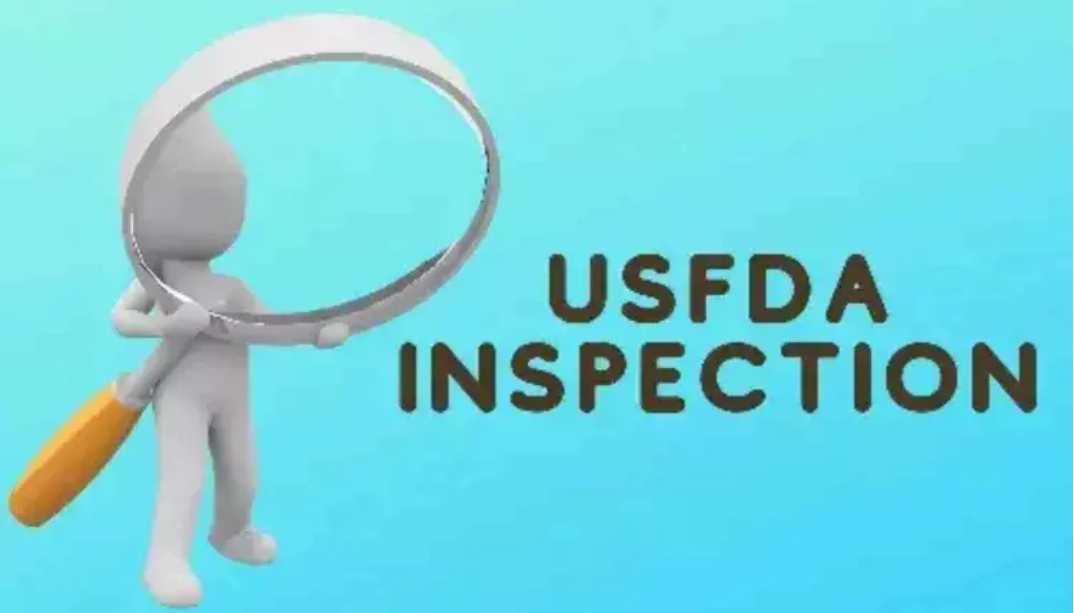Mumbai : As the primary patent on Tuberculosis drug Bedaquiline expires in India and other countries on Tuesday, at least three Indian companies — Lupin, Natco and Macleods — are poised to bring out their generic versions of the drug.
Johnson and Johnson’s Bedaquiline is the first drug for TB to be globally approved in over 40 years, and is important as it is less toxic and more effective than traditional TB treatments.
International civil society groups are urging the company to not pursue secondary patents on the drug, which they say will make it difficult for generic companies to bring out less expensive versions of the drug.
A precise timeline on when the companies would launch Bedaquiline is not defined, given the evolving global scenario on the drug, but industry sources told businessline that some of them were in the local regulatory process.
Last week, J&J granted the Stop TB Partnership’s Global Drug Facility licences that would enable them “to tender, procure, and supply generic versions of SIRTURO® (bedaquiline) for the majority of low- and middle-income countries, including countries where patents remain in effect.”
The partnership said it had updated the TB community on plans to launch a global, competitive tender for Bedaquiline by July-end. “All Bedaquiline suppliers that meet GDF’s quality criteria are eligible to participate in the GDF Bedaquiline tender, and have been briefed on the tender goals, processes, and timelines.”
A person familiar with the development explained that the early launch of generic Bedaquiline may be through GDF. Companies like Macleod are in the process of getting pre-qualification status from the World Health Organization, which will enable other countries to source from them. The three Indian companies, when contacted, confirmed their involvement with Bedaquiline, but did not comment on timelines by when they would launch.
Humanitarian organisation Médecins Sans Frontières/Doctors Without Borders (MSF) urged J&J to announce that it will not enforce any ‘secondary’ patents for the drug in any country with a high burden of TB, and withdraw and abandon all pending secondary patent applications on this drug everywhere. It also urged them to not take legal action against any generic manufacturer that exported generic versions of Bedaquiline to or from TB high-burden countries where secondary patents on the drug exist.
J&J currently prices the drug at $1.50/day for an adult treatment ($272/six months). With greater generic competition, the price of bedaquiline would be expected to drop, to an estimated $0.50 per day, said MSF.
In the past, J&J had said its patent application for a formulation of bedaquiline was filed in India over a decade ago, as part of standard procedure. The patent status notwithstanding, generic manufacturers would not have been prevented from developing the active pharmaceutical ingredient (API) after July 2023 when J&J’s API patent expires in India, it had said.








